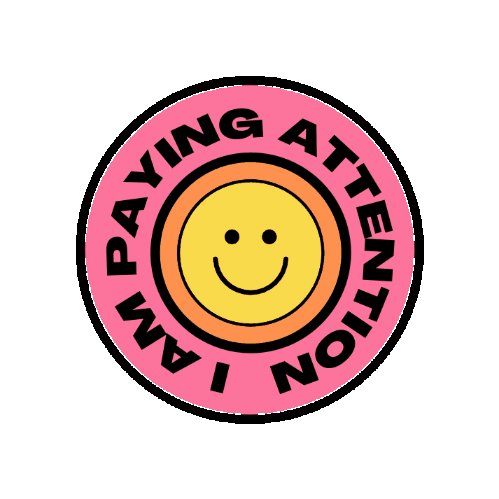Why is now the perfect time to neurodiversify the workplace?
Every single person we know right now shares one thing in common. We’ve all been through a considerable life change in the last year. We have all had to learn to ‘adapt and survive’. So much so that we are all fed up of hearing the term.
Significant life events will come at different times for all of us. We may graduate. We may get married or divorced. We may have children. We may lose someone close to us. We may get a promotion. We may lose a job. A lot of the time these life changes force us to see things differently, often giving us a new perspective.
Neurotypical (NT) means being "neurologically typical" - within the typical (average) range for human neurology.
The term originated in the autistic community, as a way to refer to non-autistic people, and is used to describe a person whose neurological development and state are typical, conforming to what most people would perceive as normal. People whose neurological development is atypical are referred to as "neurodivergent".
The word "Neurodivergence" is defined as divergence in mental or neurological function from what is considered typical or normal.
Between 30% and 40% of the population are thought to be neurodivergent. The remaining majority are neurotypical.
Neurotypical brains can thrive in repetitive, planned out environments. A lot of the framework we are raised on is built with the neurotypical brain in mind. At school we are taught to repeat learning each day for the same amount of hours, we take a test & if we succeed, we attend university where we attend lectures repeatedly to learn new skills, if we graduate we then get a job and work towards a promotion, we then consistently put money in a bank to save towards whatever we desire.
There is nothing wrong with this model. This model works if your brain is wired that way. But what about when your brain isn’t wired for consistency and repetition? Where does that leave you?
In the last year we have all been forced into experiencing a very significant life change at the same time. It has forced us to think in new ways, adapt to new challenges and overcome new obstacles. Something that neurodivergent people are excellent at.
Neurodivergent brains thrive in lateral thinking, passion, excitement, curiosity & problem solving. The issue however, is how can a neurodiverse brain thrive if it’s forced into a neurotypical working model?
How do you think outside the box when you are fixed to work between 9-5 every weekday? How can you be passionate about your output when you are focused on meeting productivity quotas?
There is a clear disconnect between the abundance of successful, neurodiverse entrepreneurs compared to the number of similar individuals in high level corporate positions. Is that because the current framework is so limiting that it forces neurodivergent brains away from the traditional work environment?
If we relied a little less on traditional, rigid frameworks and introduced a little more flexibility, we would be opening the playing field to a whole new level of possibilities that just wouldn’t have been on the cards for some.
One thing I think many of us can agree on is that working from home sounded like all we ever wanted a year ago, however after a year dressing your top half for work and the bottom half for the sofa, it’s safe to say for a lot of people the novelty has worn off. We realise that we didn’t actually want to work in the same place we sleep, we wanted more freedom. We wanted more choice to really carve out what work looked like for us.
The impact that lockdown has had on people reaching out for mental health services sadly comes as no surprise. However the amount of people reaching out to pursue an ADHD diagnosis who may not of done before the world came to a halt could actually be the start of a new way of thinking.
People are done with struggling but not wanting to reach out for help. People are done being told they just suffer from anxiety. People are done with working themselves to poor mental health purely to achieve success. Workplaces should work around you, not the other way round. Workplaces are for people and it should reflect that.
We live in a society where productivity is a measure of success but we fail to consider that productivity looks very different from person to person.
Productivity is typically measured between the hours of 9am and 5pm, Monday to Friday. This limiting structure however, can be a hindrance to a neurodiverse brain.
A neurodiverse individual can typically hyper focus for a short period of time to complete their tasks quickly - this can sometimes be outside of typical work hours or in short bursts. Therefore, introducing more flexibility into a work week can lead to more productive results, not to mention a more positive work environment for all employees.
We need to begin placing the same value on fallow periods just as much as fruitful ones. It makes sense to give individuals flexibility and space to work when they feel their energy levels are at their most productive. In my own experience, I can write three articles, design a website, promote a brand, go live, design products and develop a members area in three days. I may however choose to use the following few days to recuperate and recharge - and that is okay.
It’s no secret that creativity & innovation can be hard to cultivate in a rigid environment. Which makes this the perfect time for businesses to start thinking a little more neurodiversly and really carve out space for playful thinking beyond friday beers and afternoon yoga.
